Keywords: Disillusionment
-
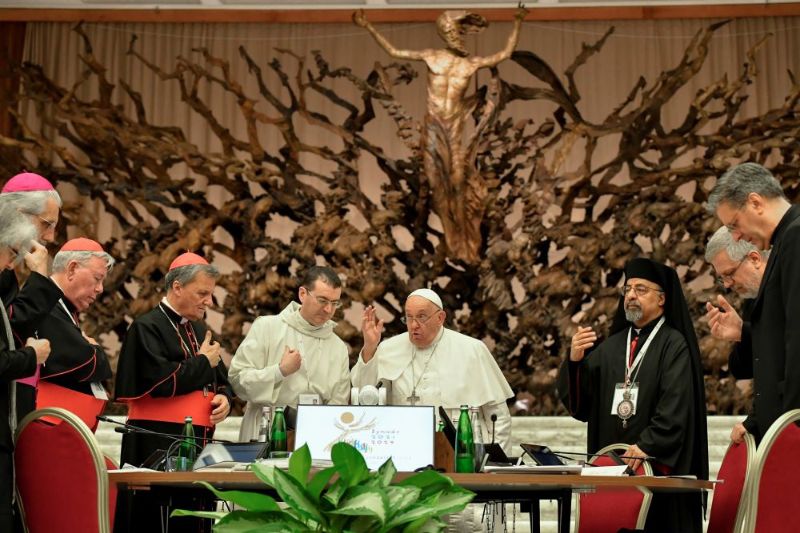
RELIGION
- Bill Uren
- 20 November 2024
7 Comments
Will the recommendations of the Synod on Synodality inspire lasting change or risk losing momentum? With bishops balancing tradition and reform, the coming year will determine whether this moment becomes one of true transformation.
READ MORE
-
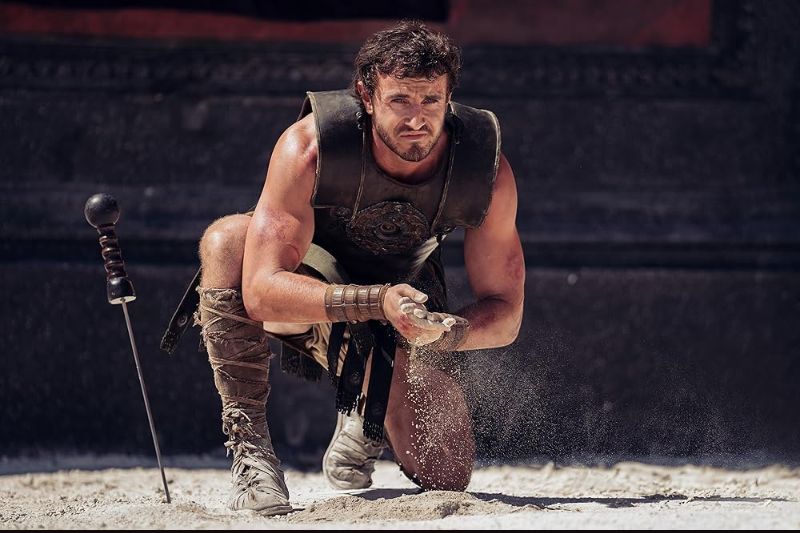
ARTS AND CULTURE
- Eddie Hampson
- 20 November 2024
1 Comment
Ridley Scott’s Gladiator II promises grandeur. Paul Mescal dazzles, Denzel Washington commands, and sharks make their sword-and-sandals debut. But spectacle overshadows story in a sequel that’s more baffling than breathtaking. Are we entertained? Sort of.
READ MORE
-
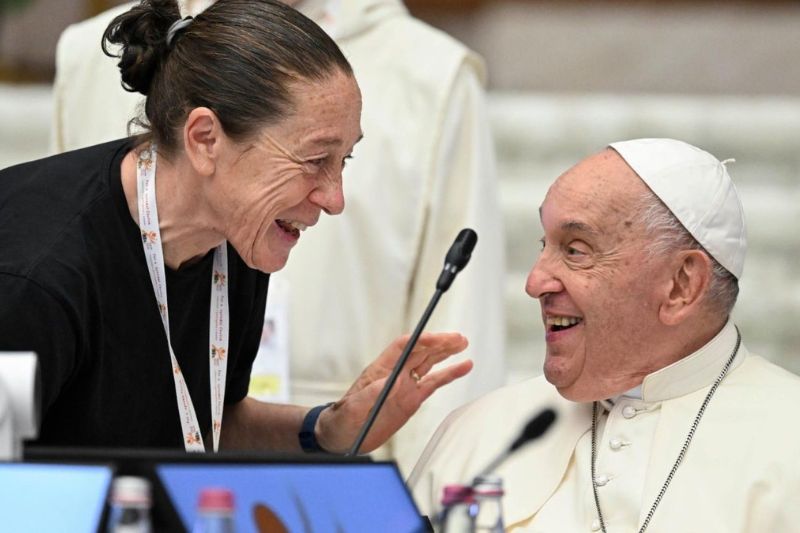
RELIGION
- Bruce Duncan
- 14 November 2024
14 Comments
The Synod is possibly the most important event in the Catholic Church since the Second Vatican Council. And despite its focus on internal Church reform and participation, can it effectively address broader social and moral issues in the world while still promoting a more inclusive and accountable Church?
READ MORE
-

INTERNATIONAL
- Dotan Rousso
- 31 October 2024
1 Comment
Beyond economic and national security agendas, Trump’s appeal, more visceral than policy-driven, hinges on tapping into a collective disillusionment — one that sees progressive ideology as veering into an unforgiving orthodoxy.
READ MORE
-
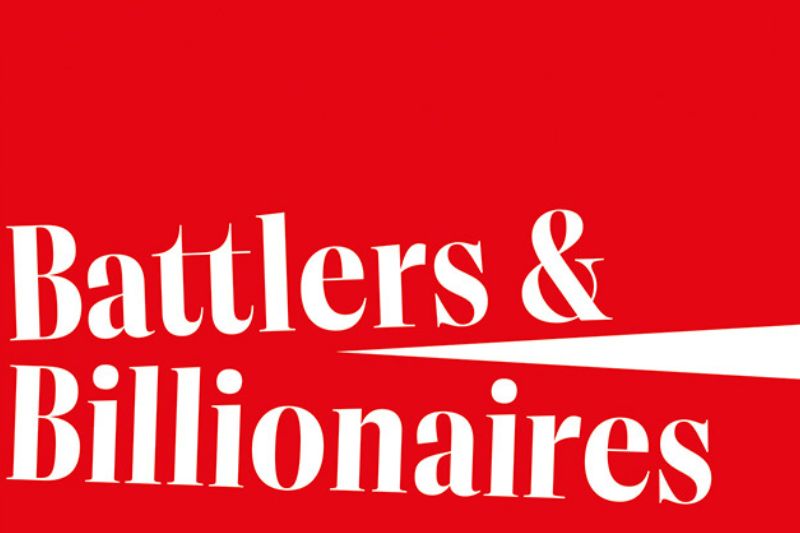
AUSTRALIA
- Andrew Hamilton
- 03 October 2024
1 Comment
In Andrew Leigh's new book, he argues that inequality matters because it threatens the sense of fairness that is central to our well-being, because inequality prevents the less well off from moving to relative affluence, weakens democracy, and erodes understanding of and commitment to the common good.
READ MORE
-
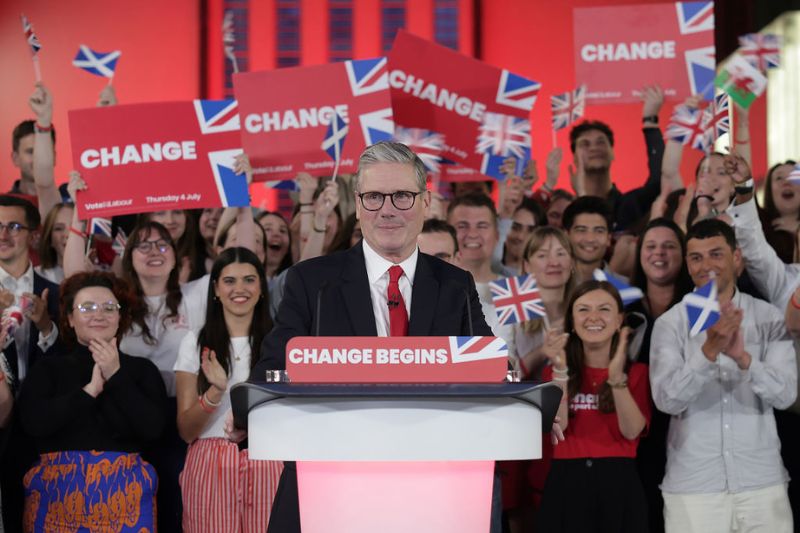
INTERNATIONAL
- Andrew Hamilton
- 18 July 2024
2 Comments
In the wake of recent elections in Britain and France, global democracies are seeing voters reject established parties amidst a deepening cycle of disillusionment. But can a return to honesty and integrity in politics break this downward spiral?
READ MORE
-
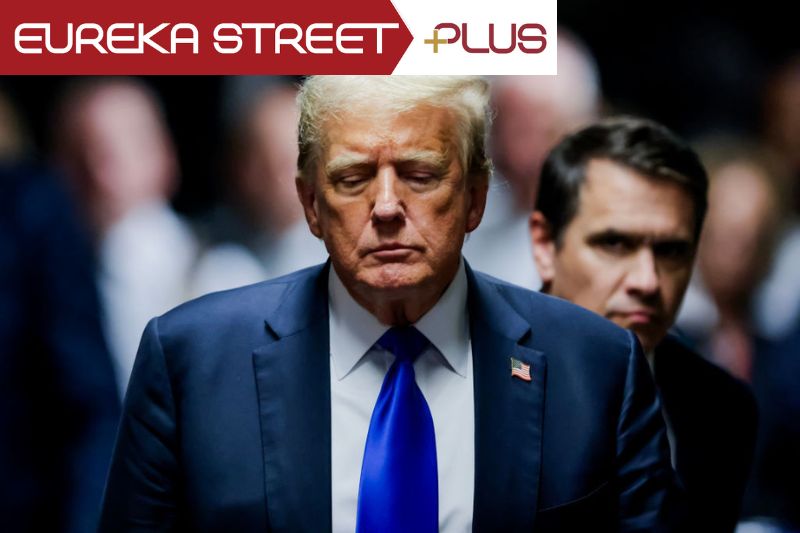
INTERNATIONAL
- David Halliday
- 11 June 2024
4 Comments
When Donald Trump was found guilty of 34 counts of falsifying business records, it represented a long-awaited triumph of the rule of law in the United States. But the verdict may not mean much in the long run, and has not affected Trump's popularity among voters. Watching Trump’s conviction from afar prompts us to consider how good we have it.
READ MORE 
-

ARTS AND CULTURE
- Barry Gittins
- 01 May 2024
2 Comments
The raw power of ‘Smells Like Teen Spirit’ blasted Nirvana past the mainstream and into the realm of music immortality. So what was it about Cobain’s music that resonated with young people in the early 90s and continues to find vast audiences 30 years later?
READ MORE
-
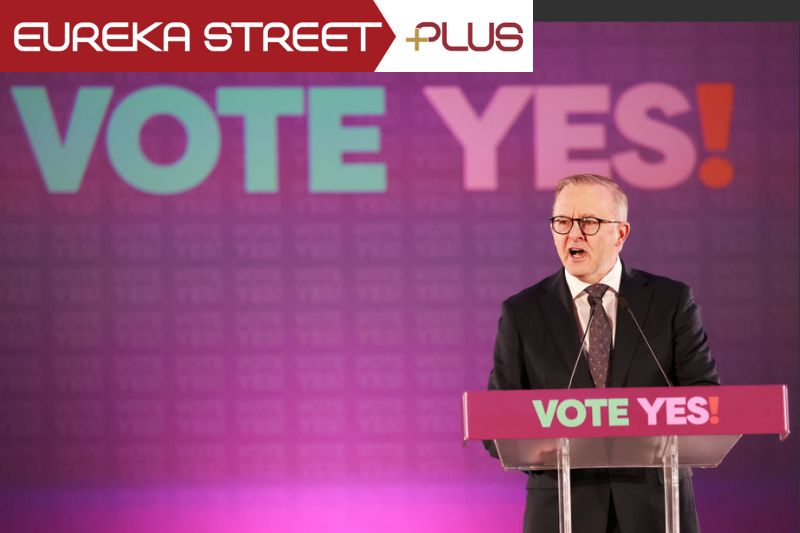
AUSTRALIA
- David Halliday
- 26 September 2023
In the lead up to the Voice referendum, there's a subtle yet seismic undercurrent at play: How do we sustain a meaningful democratic conversation when the foundational truths seem so fragmented? Our ability to connect, converse, and find consensus could be the real referendum of our times.
READ MORE 
-
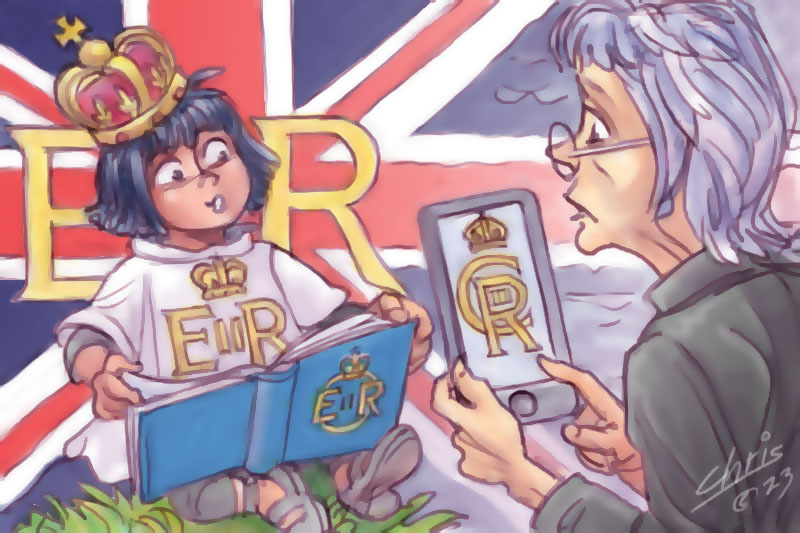
ARTS AND CULTURE
- Gillian Bouras
- 01 May 2023
5 Comments
As the UK prepares for the coronation of King Charles, ideas about national pride and loyalty to the crown have been revolutionised since Queen Elizabeth's coronation, as attitudes towards the British monarchy continue to change both at home and abroad.
READ MORE
-
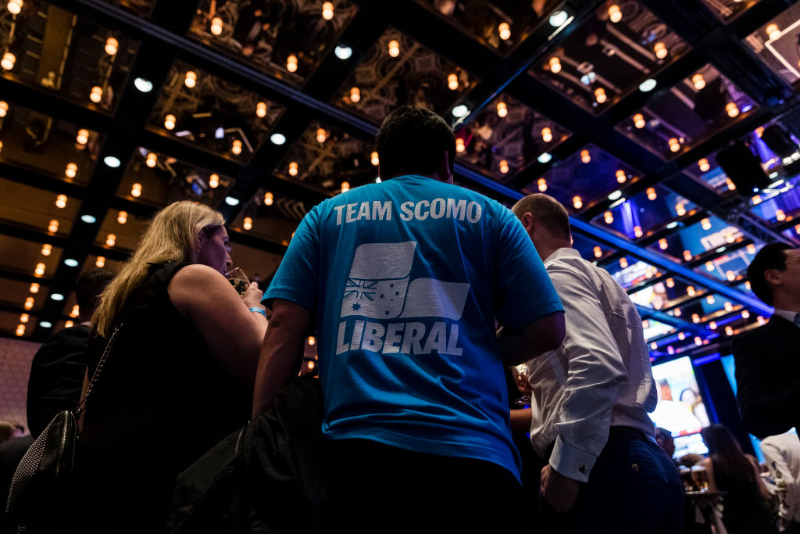
AUSTRALIA
- Anthony N Castle
- 18 May 2022
8 Comments
I was invited to a party the night of the 2019 election. The night’s entertainment was invite-only, with long tables of bread and wine, and I stepped back from the sounds of celebration to hear the political coverage on my phone. Standing at the far window, I looked up to see people in the night below, out in the dark, silent. Behind me a party guest shouted over the noise ‘what happened?’ I looked away from those outside and answered: a loss.
READ MORE 
-
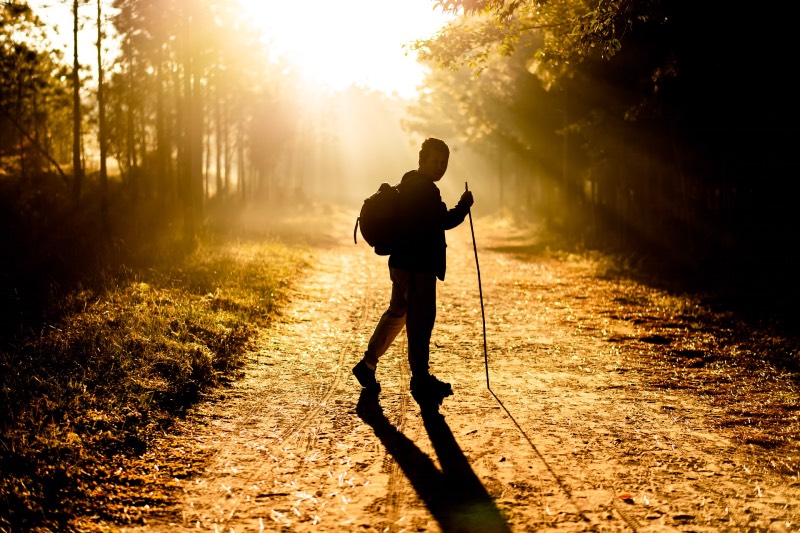
RELIGION
- Gerald O'Collins
- 20 May 2021
24 Comments
Over forty years ago I drew on the doctoral work of Bridget Puzon to produce The Second Journey and reflect on midlife journeys. Human history, as I realised then and later, throws up everywhere examples of such journeys: from Abraham and Sarah to Moses, from Paul of Tarsus to Mother Teresa of Calcutta, from Dante Alighieri to Eleanor Roosevelt, from John Wesley to Jimmy Carter, from John Henry Newman to Dietrich Bonhoeffer.
READ MORE 